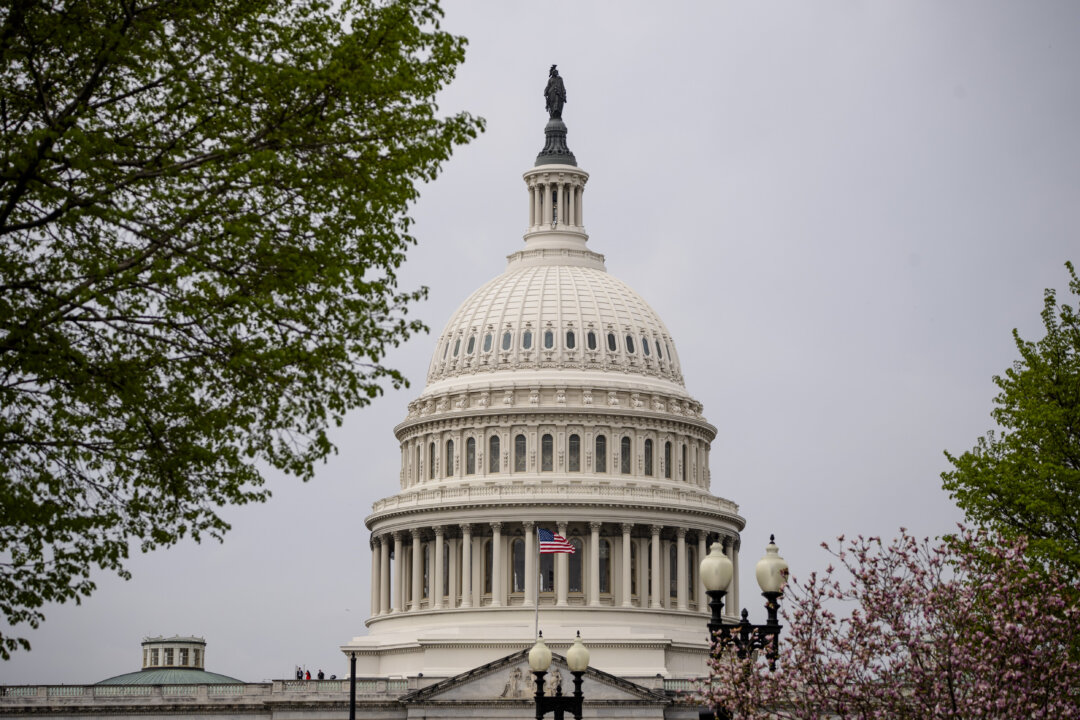Rep. Ann Wagner, the bill’s sponsor, is calling for the State Department to remove ’self-imposed limitations on U.S.-Taiwan engagement.’
The U.S. House of Representatives on May 5 passed a new bill requiring the U.S. State Department to review its policies concerning diplomatic interactions with Taiwan.
Rep. Ann Wagner (R-Mo.), the bill’s sponsor, cast her legislation—the Taiwan Assurance Implementation Act—as a way to curb the Chinese communist regime’s aggressive stance toward Taiwan.
“Taiwan is a strong partner of the United States, and we cannot and we will not let the Chinese Communist Party threaten our allies and assets in the Indo-Pacific,” she said when introducing the bill in February. “The Taiwan Assurance Implementation Act will deepen the relationship between our countries and will signal to the world that the United States will never kowtow to Communist China.”
The House passed Wagner’s bill by voice vote on May 5.
For decades, U.S.-Taiwan relations have been characterized by strategic ambiguity. Wagner has said her bill would require the State Department to look for ways to remove “self-imposed limitations on U.S.-Taiwan engagement.”
The Kuomintang—which was ruling the Republic of China until the Chinese Communist Party took over the mainland and established the People’s Republic of China—retreated to Taiwan in 1949. The island has since functioned as a de facto independent nation and evolved into a democracy, with a democratically elected government.
During his February 1972 visit to China, President Richard Nixon issued a statement acknowledging “all Chinese on either side of the Taiwan Strait maintain there is but one China and that Taiwan is a part of China.”
In 1978, President Jimmy Carter formalized U.S. diplomatic relations with the Chinese communist regime that held power in the mainland, recognizing it as the sole legal government of “China,” which includes Taiwan. Though he recognized the People’s Republic of China as the legitimate Chinese government, Carter insisted the United States would maintain cultural, commercial, and other unofficial relations with the people of Taiwan. He also signed the Taiwan Relations Act, which, among other things, has allowed for continued arms sales to Taiwan.
Included in a 2020 omnibus appropriations bill was a provision, known as the Taiwan Assurance Act, directing the State Department to review its guidelines for diplomatic relations with Taiwan.
In the final weeks of President Donald Trump’s first term in office, then-Secretary of State Mike Pompeo announced that the United States would begin to shift its policies back toward normal relations with Taiwan.
“Any and all sections of the Foreign Affairs Manual or Foreign Affairs Handbook that convey authorities or otherwise purport to regulate executive branch engagement with Taiwan via any entity other than the American Institute in Taiwan (AIT) are also hereby voided,” Pompeo added in a Jan. 9, 2021, statement.
Wagner first introduced the Taiwan Assurance Implementation Act in 2023 after raising concerns that President Joe Biden’s administration had begun to reimpose some of the same diplomatic restraints that Pompeo had declared void.
The House passed the 2023 version of the bill, but the U.S. Senate never brought it to a vote.

